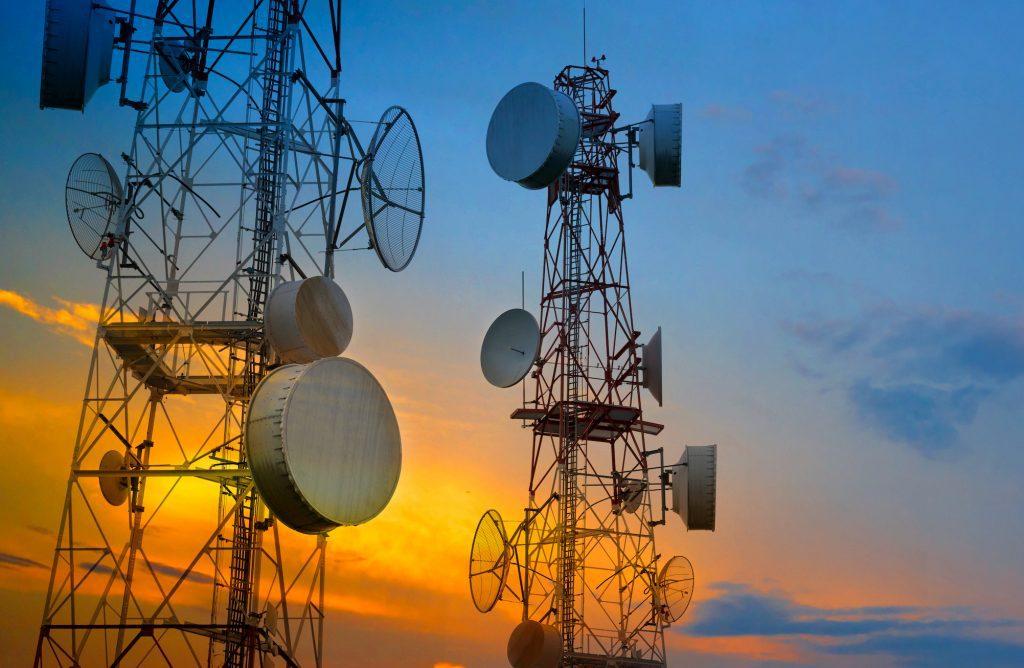Nigeria Telecom Market Size and Share Analysis: A Deep Dive into 2025-2034

Nigeria Telecom Market: A Comprehensive 2025 Outlook
The Nigeria Telecom Market is experiencing significant transformation, driven by rapid urbanization, increased mobile penetration, and growing demand for data and digital services. As the largest economy in Africa, Nigeria presents a dynamic and expanding telecommunications sector with strong potential for continued growth. The Nigerian telecom industry has evolved into a key pillar of the national economy, contributing significantly to GDP growth. The telecom sector contributed around 5.20% to Nigeria’s GDP in 2034, showcasing its pivotal role in national development. Mobile services dominate the industry, accounting for more than 99% of voice and data traffic, while fixed-line services remain underdeveloped due to infrastructural challenges. The rise of 4G and ongoing trials of 5G technologies indicate a shift toward high-speed, data-intensive services. Additionally, fintech and digital content services, supported by telecom networks, are becoming central to consumer behavior, further enhancing the sector’s value proposition.
Market Key Players
The Nigerian telecom market is highly competitive, with several major players jostling for market share and technological leadership. The top operators include MTN Nigeria, Airtel Africa, Globacom, and 9mobile. MTN Nigeria is the clear market leader with over 38% market share, known for its expansive network coverage and advanced data services. Airtel Africa closely follows, leveraging competitive pricing and widespread reach. Globacom, a wholly indigenous company, plays a significant role, especially in the southern regions, offering strong data packages and attractive pricing models. 9mobile, although smaller, has maintained resilience and is exploring strategic partnerships to regain market traction. Additionally, infrastructure providers like IHS Towers and MainOne are instrumental in expanding broadband infrastructure and data capacity across the country.
[PDF Brochure] Request for Sample Report:
https://www.marketresearchfuture.com/sample_request/20719
Market Segmentation
The telecom market in Nigeria can be segmented by service type, technology, and end-user. By service type, the market includes voice, data, messaging, and value-added services. Data services dominate the revenue stream, driven by surging internet use, mobile apps, and social media platforms. Voice services remain important, particularly in rural areas where internet access is still limited. By technology, 2G, 3G, 4G, and increasingly 5G networks serve different user bases. While 2G and 3G continue to support voice and basic data services, 4G is the most widely adopted for faster internet, and 5G deployments are in pilot stages, expected to gain traction over the next two years. In terms of end-users, segmentation includes residential, business, and government customers, with residential users comprising the largest share due to the country's large population and mobile-first nature.
Market Dynamics
Several key factors drive the Nigerian telecom market. One of the most influential drivers is the increasing demand for internet connectivity and digital services across urban and semi-urban regions. The youth demographic, which constitutes over 60% of the population, has a strong preference for mobile apps, streaming, and online gaming—creating robust demand for high-speed internet. Government policies such as the National Broadband Plan (2020–2025) aim to achieve 70% broadband penetration by the end of 2025, supporting infrastructure development and private sector investment. However, the market faces challenges such as high operating costs, vandalism of telecom infrastructure, erratic power supply, and multiple taxation from state and local governments. Despite these constraints, the sector remains resilient and adaptive, with players investing in alternative energy sources and fiber-optic infrastructure to overcome operational bottlenecks.
Recent Development
The Nigerian telecom sector has witnessed several key developments in recent months, signaling its upward trajectory and potential for innovation. One of the most significant milestones was the expansion of 5G services by MTN and Airtel, following the spectrum auction led by the NCC in late 2023. These operators have begun rolling out 5G networks in major cities like Lagos, Abuja, and Port Harcourt, offering ultra-high-speed data for consumers and enterprise applications. Additionally, Airtel launched its Tier 3 data center in Lagos in early 2025, aimed at bolstering cloud and enterprise services. Globacom has initiated strategic partnerships with international content providers to improve data throughput and user experience. Furthermore, the NCC recently unveiled new regulations to promote infrastructure sharing among telecom operators, reduce duplication, and fast-track broadband expansion. In a notable development, the Central Bank of Nigeria granted Payment Service Bank (PSB) licenses to MTN (MoMo) and Airtel (SmartCash), reinforcing the growing intersection of telecom and fintech in Nigeria.
Browse In-depth Market Research Report:
https://www.marketresearchfuture.com/reports/nigeria-telecom-market-20719
Contact Us:
Market Research Future (Part of Wantstats Research and Media Private Limited)
99 Hudson Street, 5Th Floor
New York, NY 10013
United States of America
+1 628 258 0071 (US)
+44 2035 002 764 (UK)
Email: [email protected]
- Business
- Art & Design
- Technology
- Marketing
- Fashion
- Wellness
- News
- Health & Fitness
- Food
- الألعاب
- Sports
- Film
- الرئيسية
- Literature
- Music
- Networking
- أخرى
- Party
- Religion
- Shopping
- DIY & Crafts
- Theater
- Drinks
